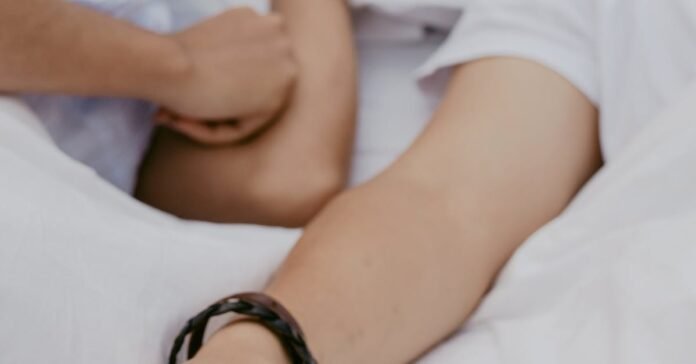How can you wake up early and face the day when you haven’t had a good night’s sleep? One of the biggest sleep thieves is sleep apnea, an advanced form of snoring. If you have been diagnosed with this issue, then check out some great tips in this article about living with it.
If you are unsure whether or not you have sleep apnea, consider setting up an audio or video recorder next to your bed. When you review the recording, watch or listen for choking, gasping or other signs that you are not getting enough air as you sleep. Present your findings to your doctor if you suspect that you do have apnea.
You must be careful not to use sedating medications if you have been diagnosed with sleep apnea. Anything that sedates you will slow down your breathing, especially when you go to sleep. When you are sedated by medication, your throat muscles will relax and collapse more quickly as you sleep.
It is best to have your sleep apnea diagnosed and treated by a doctor. If left untreated, you won’t be getting the needed rest you need, which will leave you feeling tired and unable to concentrate the next day, and may even lead to serious health problems down the road.
If you are taking a great deal of medicines on a regular basis, sit with your doctor and discuss how they can be reduced. Side effects from prescription medication can be making your sleep apnea worse. Keep a dialog open with your doctor and make sure he is up to date on all your symptoms.
If you suffer from sleep apnea, make sure your significant other or your family is aware of your condition. In emergency situations, it is vital that whoever is with you can tell the physician treating you about your condition during any emergency medical care. You should make them aware of both the apnea diagnosis and your treatment.
You need a regular sleep schedule if you suffer from sleep apnea. Sleep apnea causes regular interruptions in your ordinary nightly sleep cycle. Any steps you take to improve your overall sleep habits will help deal with the symptoms of your condition and minimize the impact it has. Start with going to bed at a set time each night and waking up at a set time daily.
A proven tip to reducing and preventing sleep apnea is to try sleeping on your side. You should avoid sleeping with your face up on your back. Gravity will cause the tongue and tissues in your neck fall back and block your airways. So sleep on your side for a better nights sleep.
You can do tongue exercises to help minimize sleep apnea symptoms. Press your tongue on the roof of your mouth, hold it there for at least three minutes. This should strengthen both your tongue and throat muscles, which helps them to not relax while you’re asleep.
If you have sleep apnea, and you have to have a sleep study, considering taking your pillow from home with you. It can be very difficult to sleep in the sleep lab. You are in an unfamiliar place in a strange bed. You have lots of wires, and electrodes attached to you. Having your own pillow can help to relax you and make it easier to fall asleep.
While it is difficult to completely remove sleep apnea, you can learn to live with it through tips like those found in this article. If you liked them, be sure to share this article with friends and loved ones who suffer from the same problem. This will help everyone to get a better night’s rest.



